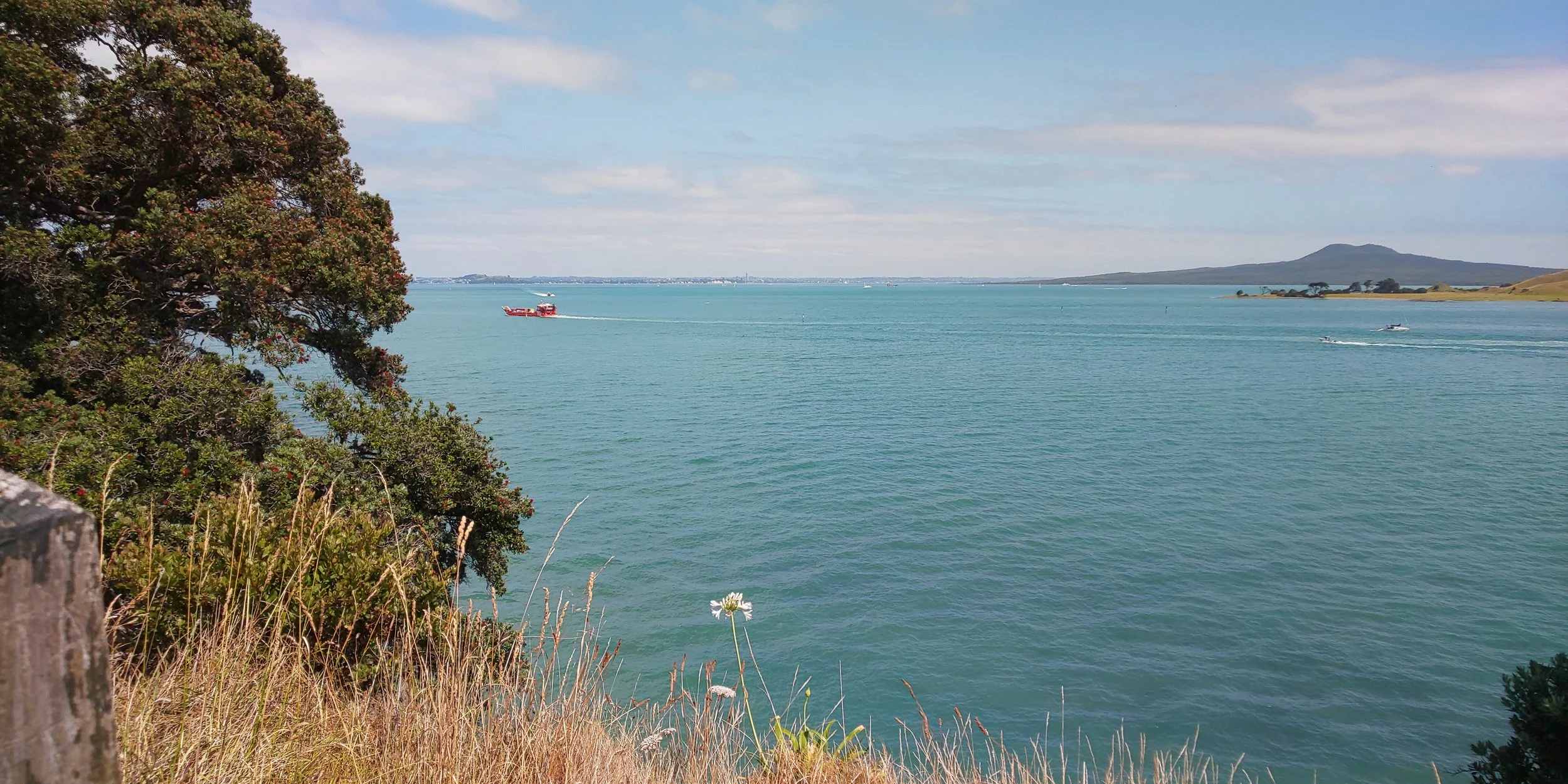Does New Zealand have four seasons like Japan?
One thing that people often ask me about New Zealand is whether or not it has four distinct seasons like Japan. New Zealand has a maritime climate, which is a type of climate that is found near large bodies of water, such as oceans and seas. This type of climate is characterized by mild temperatures, high humidity, abundant precipitation, moderate rainfall and a lack of extreme weather. The maritime climate also means that New Zealand experiences relatively mild winters and warm summers, with temperatures rarely dropping below freezing or rising above 30°C.
As New Zealand has a mild climate, there isn't much difference between the seasons. Summers are generally warm and dry, while winters are mild and wet. The temperature rarely drops below freezing, even in the coldest months, and snow is rare in most parts of the country. This means that the changes between summer and winter are not drastic, and the weather is generally pleasant year-round. New Zealanders don’t experience extreme weather changes throughout the year to anywhere near the extent that Japanese people do.
Most of the trees in New Zealand are evergreen, meaning that they do not lose their leaves during the winter season. This makes it so that people living in New Zealand are less aware of the changing of the seasons, as the trees do not turn deep red as they do in the fall in Japan. This lack of seasonal change might be a little strange for people used to living in Japan, but it does mean that New Zealanders can enjoy the beauty of the evergreen trees year-round.
One other difference to Japan is that in New Zealand we have the practice of daylight saving. Daylight saving is the practice of moving the clocks forward by one hour during the summer months. This is used to make the most of the available daylight hours and to make the most of the warmer weather. Daylight saving is from the last Sunday in September to the first Sunday in April. This means that the clocks are moved forward one hour at 2am on the last Sunday in September and then moved back one hour at 3am on the first Sunday in April.
To me, New Zealand feels like it has just two seasons: summer and winter. Summer days are long and the it’s light outside until about 8:30 at night. Summer is a great time for BBQing, the beach and playing outside. Winter days are much shorter, darker and it rains a lot. Winter can get quite dark and gloomy, so you have a lot of time to catch up on your reading or TV shows.
ニュージーランドには日本のように四季がありますか?
ニュージーランドについてよく聞かれるのは、日本と同じように四季があるかどうかということです。 ニュージーランドには海洋性気候があります。これは、海や海などの大きな水域の近くに見られる気候の一種です。 このタイプの気候は、穏やかな気温、高湿度、豊富な降水量、適度な降水量、および異常気象の欠如によって特徴付けられます。 海洋性気候のおかげで、ニュージーランドの冬は比較的穏やかで、夏は暖かく、気温が氷点下を下回ることや 30 ℃ を超えることはめったにありません。
ニュージーランドは温暖な気候なので、季節の違いはあまりありません。 夏は一般的に暖かく乾燥していますが、冬は穏やかで湿気があります。 最も寒い時期でも気温が氷点下になることはめったになく、国のほとんどの地域で雪が降ることはめったにありません。 これは、夏と冬の変化が大きくなく、年間を通じて快適な気候であることを意味します。 ニュージーランドは、日本人ほど極端な天候の変化を一年を通して経験することはありません。
ニュージーランドの木のほとんどは常緑で、冬の間も葉を失うことはありません。 日本の秋のように木々が真っ赤に染まらないため、ニュージーランドに住む人々は季節の変化をあまり意識しません。 四季折々の変化がないのは、日本に住んでいる人にとっては少し奇妙かもしれませんが、ニュージーランド人は一年中常緑樹の美しさを楽しむことができます.
日本とのもう 1 つの違いは、ニュージーランドではサマータイムが実施されていることです。 サマータイムとは、夏の間、時計の針を1 時間進めることです。 これは、利用可能な日照時間を最大限に活用し、より暖かい天候を最大限に活用するために使用されます。 サマータイムは、9 月の最終日曜日から 4 月の第 1 日曜日までです。 これは、9 月の最終日曜日の午前 2 時に時計を 1 時間進め、4 月の第 1 日曜日の午前 3 時に 1 時間戻すことを意味します。
私にとって、ニュージーランドは夏と冬の 2 つの季節しかないように感じます。 夏の日は長く、夜は8時半くらいまで外が明るい。 夏はBBQや海遊び、外で遊ぶのに絶好の季節です。 冬の日はずっと短く、暗く、雨がたくさん降ります。 冬はかなり暗くなることがあるので、読書やテレビ番組に追いつく時間はたくさんあります。

